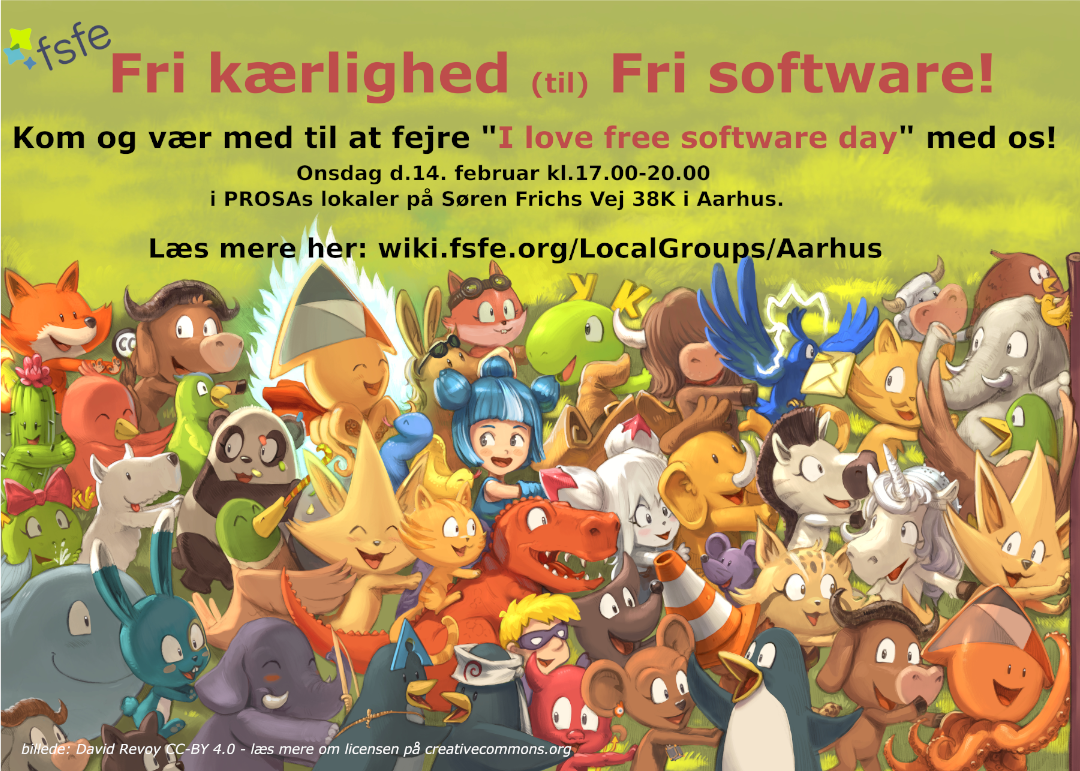Finally a free and private phone

I've had a history with Fairphones; back in 2014, I got a Fairphone One. That version had vanilla Android (“Android Open Source Project”, AOSP) with no Google apps, so it was basically free software only out of the box. I used it with F-droid only. It worked great, except that it seemed to be missing some firmware drivers for the GPS (the GPS worked, but not perfectly).
In 2017, I got a Fairphone 2 and naively ordered it from the store, thinking it would also come with AOSP. It turned out to be encumbered with Google Apps and Playstore. I endured that situation until 2021 (because it was my work phone and I didn't want to risk bricking it), where it died and I bought a Fairphone 3. This time, once more, I didn't do due diligence and bought it from Fairphone itself, not from a vendor supplying free software alternatives. Incredibly, Fairphone itself doesn't seem to see it as part of their “fairness” to supply a free operating system for their phones. As much as I sympathize with their project, this is a very bad decision on their part.
But now, some weeks ago, my Fairphone 3 died completely, and I headed to Murena's web site to check out what they had. I'm now the proud owner of a Fairphone 4 with a free OS, and what a difference that makes!
The operating system on Murena's phones is called /e/ OS.It is very privacy-minded, it blocks trackers and gives you the option of faking your location and hiding your IP addres. It includes an “app lounge” with many more free apps than F-droid has, and all the proprietary apps in e.g. Google Play Store – for the two or three proprietary apps that I unfortunately need.
Its navigation is build on Magic Maps and works fine, if less flashy than Google equivalent Maps app. All “cloud” applications seem to be hooked up on Murena's NextCloud instance, and I could easily switch them, so e.g. the notes app now works with my own Nextcloud server.
The user interface is also much more zen and less annoying. All in all, what a relief.
Follow me on Mastodon!.



